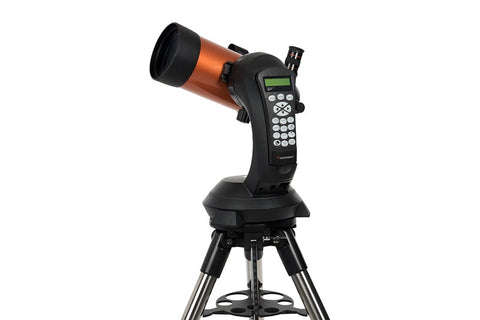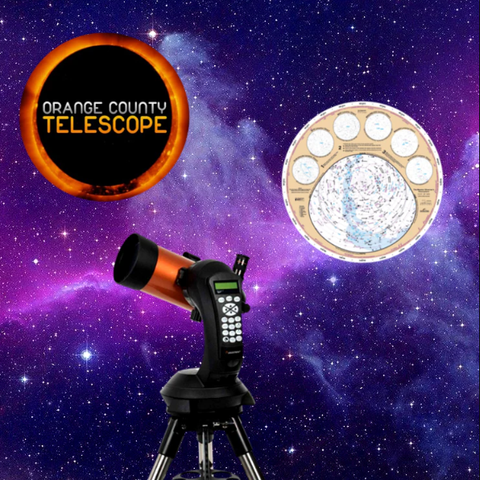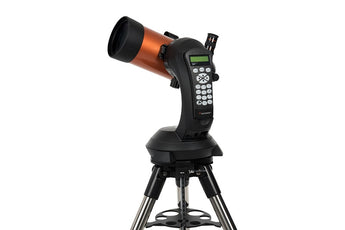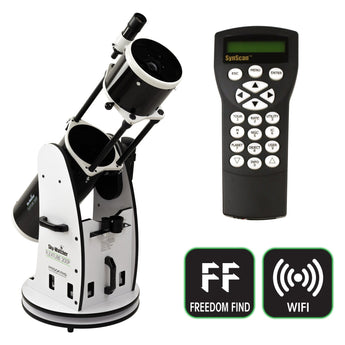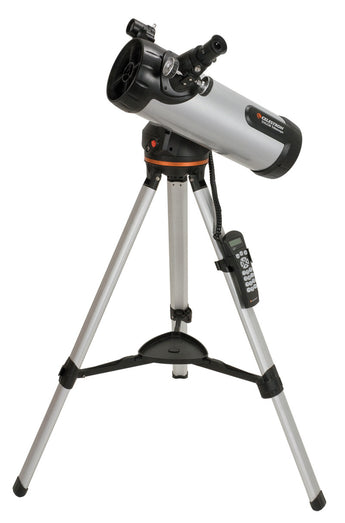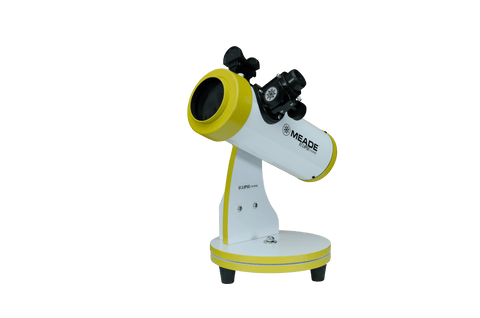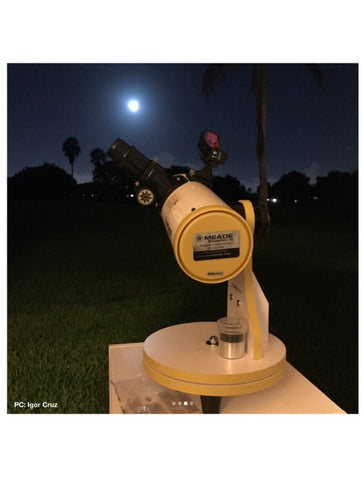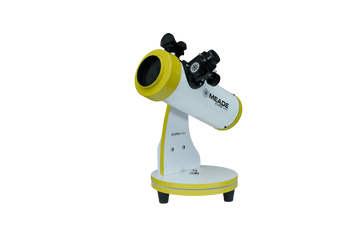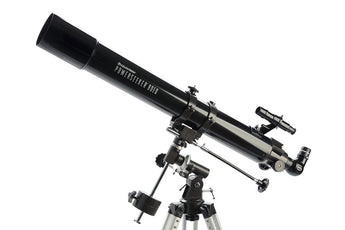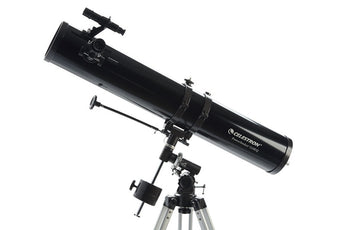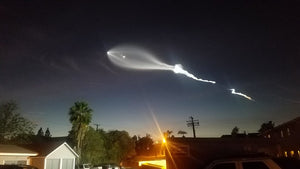A Beginners guide to Buying your very first Telescope!
It can be overwhelming to look at all of the different types of telescopes and make a decision on what to buy. We understand this and have outlined a guide to solve this problem based on three simple ideas.
Before we go any further, if you have not yet heard or understood that Magnification is not the #1 thing you are looking for in a telescope then lets break this down now.
1. The best view. In a few words this can be described as the telescope that will give you the best light collecting capability. Generally speaking, the larger the telescope the more light it can collect. More light collection gives a better image.
2. The best price range. In contrast to our first idea, often the best view is unfortunately the most expensive. We have provided a list of telescopes under $500 below that we recommend to beginners everyday.
3. What you are willing to learn, and move. Astronomy can be very simple or very complex depending on your level of interest. We found that most beginners simply want to be able to observe the moon and planets. This is great because they are the brightest objects in the night sky! The telescopes listed below can be moved easily, setup relatively quickly, and be used within minutes. The best telescope for you is the one that is used regularly.
Based on these three ideas we have provided a short list of a few different beginner telescopes that are the best view, for the best price, and are easy to learn and setup.







